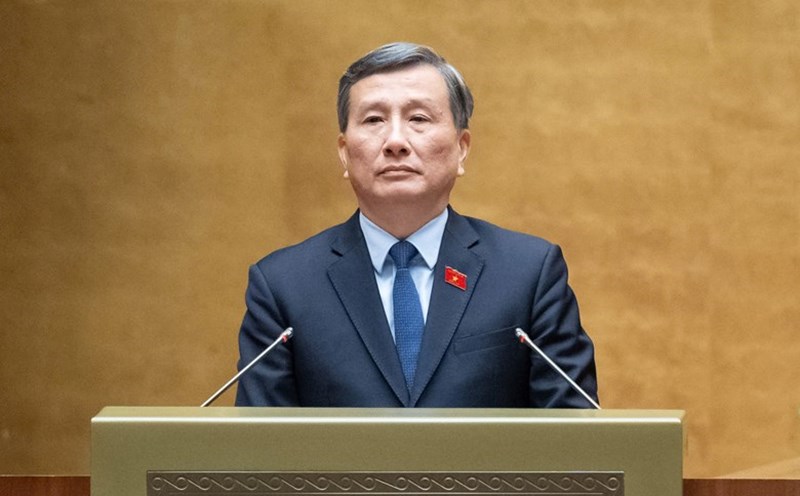On the afternoon of May 6, the National Assembly held a group discussion on the contents of the draft Law on Science, Technology and Innovation.
This draft Law has many new points when it for the first time recorded the principle of "accepting risks" in scientific research activities. This is an approach to encourage innovative thinking and expand creative space for researchers.
However, if there are no limits, this principle is easily misunderstood or taken advantage of as a "legal shield" to avoid responsibility, especially in the context of many shortcomings in the monitoring and transparency mechanism.
In science, risk is inevitable because there is no creativity without the potential for failure. But that does not mean that every mistake, even violation, can be justified under the name of scientific experiment.
Therefore, as National Assembly delegate Phan Thi My Dung emphasized, there needs to be a clear line between accepted risks and illegal acts, especially when related to the environment, ethics, human health or the use of the state budget.
In reality, there have been many scientific topics worth thousands of billions approved, then discovered to be plagiarized, forged data, and even had no practical application.
Some pilot projects are being rushed to be implemented without a complete ethical assessment, causing negative impacts on the community and the environment, but no one is responsible for " researching and testing".
If the law does not establish a transparent control mechanism, it will be the budget, public trust and the reputation of the scientific sector that will suffer the first damage.
The draft Law also introduces the concept of "scientific integrity", which is inherently necessary in the context of international integration. There is only a slight concern that in the current draft, the form of handling violations of scientific integrity is still very vague.
Without specific sanctions, such as suspending projects, recovering funds, announcing violations or banning participation in funding programs for a certain period of time, the concept of "honesty" still stops at the slogan, without deterrence.
More importantly, the announcement of violations must be carried out fairly and objectively, based on the conclusion of the independent assessment panel.
This both protects the honor of serious scientists and avoids being taken advantage of to destroy each other in a competitive research environment.
Along with that, it is necessary to establish an independent reflection channel from the scientific community and the public, to detect fraudulent acts early, instead of "knowing only when it is too late".
We hope to have a scientific foundation of innovation, creativity, dynamism, daring to think, daring to do. But the more we innovate, the more discipline is needed so that no one can "disguise" the violation in the name of creativity.
Scientific development cannot be placed on a foundation full of legal risks and ethical ambiguity.
Therefore, the Law on Science, Technology and Innovation was born to regulate and protect not only researchers but also the public's trust.












